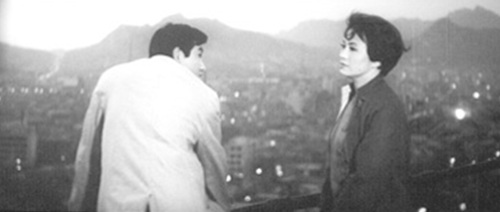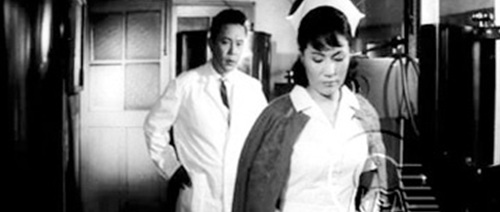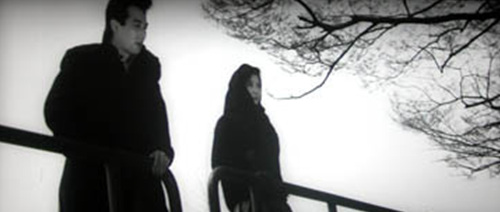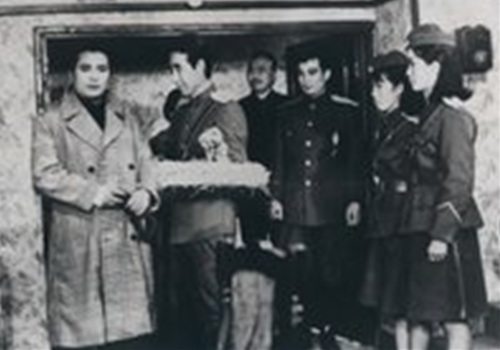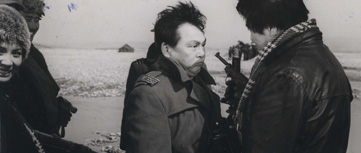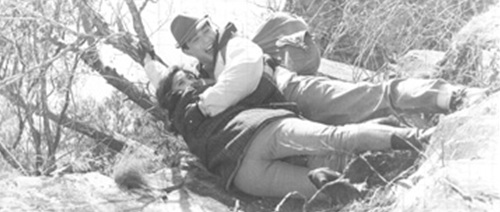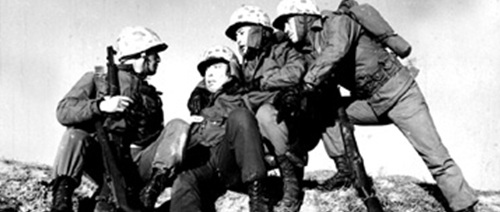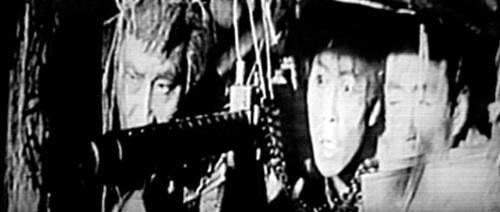영화 정보
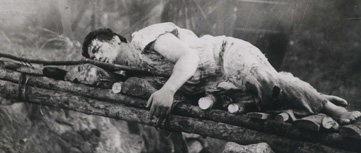
Water Mill
Korean Cinema Retrospective: Lee Man-hee, the Poet of Night
Remake · Love/Romance · Psychology
- CountryKorea
- Production Year1966
- Running Time92min
- Format35mm
- ColorCOLOR
Program Note
In mid-1960s known as the period in which "literary cinema" became thriving, Lee who was in desperate search of new cinematic language became interested in cinematic re-interpretation of pre-existed fiction. Based on a short story by Nah Do-hyang, this is the first series of Lee′s literary cinema collection. Wanderer Bang-won arrives at a town where he is attracted by a girl at an exorcist ritual. Later, out of infatuation he volunteers to pay back the debt of his secret love by working as a lifetime slave while his master is more vigilant for getting his girl. While most of Korean films that are based on the resistance literary works set in the period of Japanese occupation are concerned with realism and Korean aesthetic form, with this particular film he experimented the most westernized and modernistic narrative approach and phantasmal cinematic styles. Following Bang-won′s obsessive desire for a girl whose presence is more like a ghost and of incantation, the film unveils the characters who fall self-destructive and violent under their inevitable circumstances through the most exquisite yet striking picture frame. (Cho Young-jung)
Director
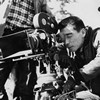

LEE Man-hee
Born in 1931, director Lee Man-hee graduated from Kyungshin High School and served as a communications soldier during the Korean War. He worked as assistant to director Ahn Jong-hwa in 1956 and entered the film industry. At the recommendation of actor Kim Seung-ho, he debuted as a director with The Guiding Light in 1961 and began to receive recognition with Dial 112, a noire style thriller, in 1962. He achieved both artistic and commercial success with war films or thrillers such as The Marines Who Didn′t Come Home, Soldiers Without a Serial Number, and The Devil′s Stairway, and dramas like Late Autumn and A Road to Return. The filmmaking conditions worsened after the 70s, but Lee Man-hee was obsessed with making films, which gradually wore down his health. On April 3, 1975, he lost consciousness in the editing room while working on The Way to Sampo and fought for his life for ten days before passing away on April 13 at the age of 45.
Credit
- Director
LEE Man-hee - ProducerWoo Ki-Dong
- CastShin Young-kyun
Ko Eun-a
Choi Nam-hyun
Huh Jang-gang
Cho Hang - ScreenplayBaek Kyeol
- CinematographySeo Jeong-Min
- Production DesignJeong Wu-Taek
- EditorKim Hee-Su
- SoundSon In-ho
- MusicJeon Jung-geun
- Production CompanyNONE
Photo






